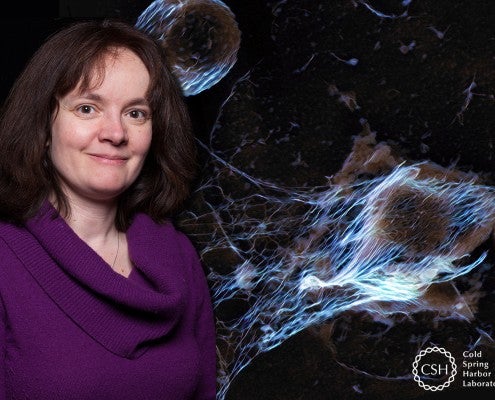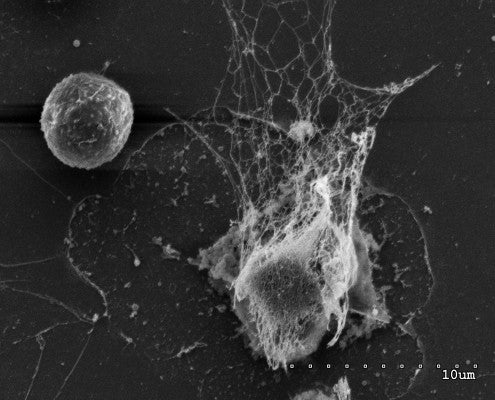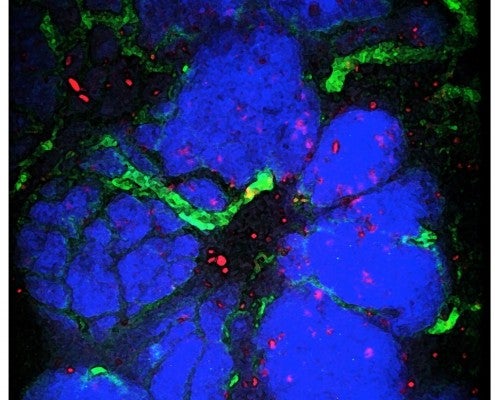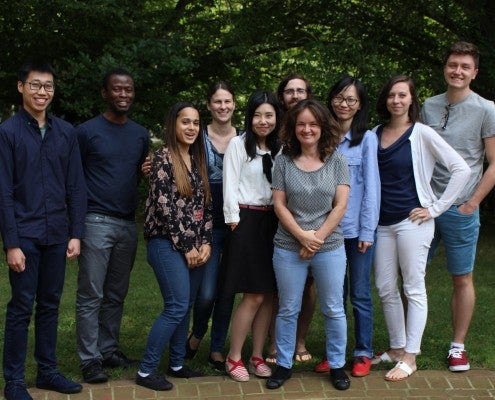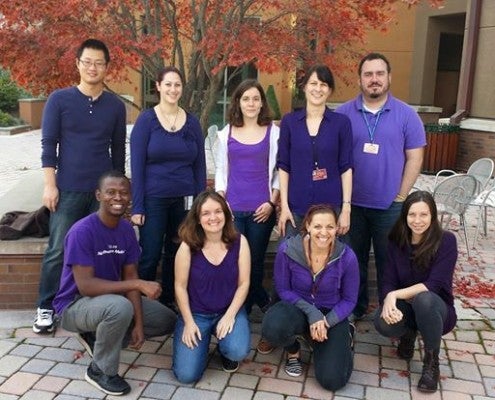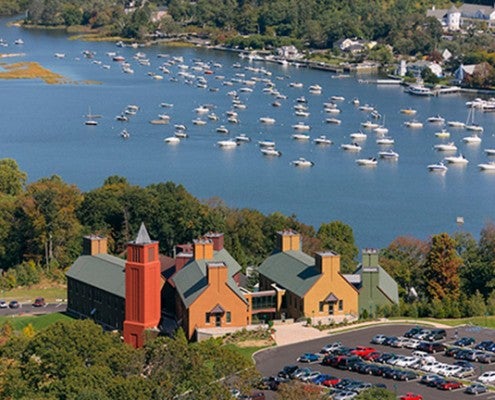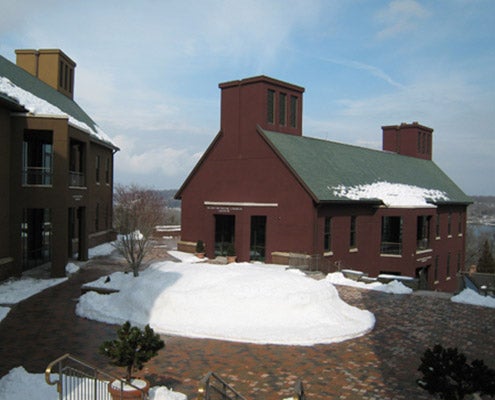Mikala Egeblad
Cancer cells are surrounded by immune cells, blood vessels, chemical signals, and a support matrix – collectively, the tumor microenvironment. Most microenvironments help tumors grow and metastasize, but some can restrict tumors. Our lab studies how to target the bad microenvironments and support the good ones to combat cancer.
Keywords: Tumor microenvironment; intravital imaging; tumor-associated myeloid cells; breast cancer; pancreatic cancer; pancreatic cancer
About the Lab
The Egeblad lab studies the contributions of the tumor microenvironment – in which cancer cells arise and live – to therapy responses and metastasis.
Solid tumors are abnormally organized tissues that contain not only cancer cells, but also various stromal cell types and extracellular matrix, and these latter components constitute the microenvironment. Communications between the different components of the tumor influence its growth, its response to therapy, and its ability to metastasize.
The lab studies the importance of tumor-stroma communications using co-culture assays and mouse models of breast and pancreatic cancer. We use co-culture assays to interrogate signaling pathways involved in communications between cancer cells and specific types of stromal cells (e.g., macrophages, neutrophils and fibroblasts). We use microscopy of tumors in live mice to determine how interactions between cancer and stromal cells or activation of specific signaling pathways influence cellular survival, proliferation and migration. We use bioluminescence and small animal ultrasound to follow tumor progression and regression at the organism level.
Our main focus is on the functions of myeloid-derived immune cells, a diverse group of cells that can enhance angiogenesis and metastasis and suppress the response to chemotherapy and the cytotoxic immune responses against tumors. We study how different types of myeloid cells are recruited to tumors and how signals between them and the cancer cells, or other immune cells, influence response to chemotherapy and metastatic spread.
Our recent work in the news
- CSHL’s Egeblad, Adrover discover possible COVID-19 benefit to old drug TBR News Media, March 22, 2022
- Triggering the body’s defenses to fight cancer Nautilus, November 13, 2021
- Neutrophil extracellular traps may augur severe COVID-19 The Scientist, May 28, 2020
- Spider-Man’ immune response may promote severe COVID-19 Scientific American, April 28, 2020
- CSHL’s Mikala Egeblad takes novel COVID-19 approach
TBR News Media, April 26, 2020 - Why immune cells extrude webs of DNA and protein The Scientist, October 1, 2019
- Exosomes linked to cancer spread from chemoresistant tumors in mice The Scientist, January 10, 2019
Upcoming Presentations
October 21, 2022: Boston, MA
AACR Tumor Immunology and Immunotherapy
October 26, 2022: Bethesda, MD
The Jayne Koskinas Ted Giovanis Foundation Symposium
Cancer Cells and Metastasis – Therapeutic Vulnerabilities and Spatial Analytics
November 14, 2022: Portland, OR
AACR Special Conference on Cancer Metastasis
December 6, 2022: San Antonio, TX
San Antonio Breast Cancer Symposium
New Targets and Strategies for Immunotherapy

